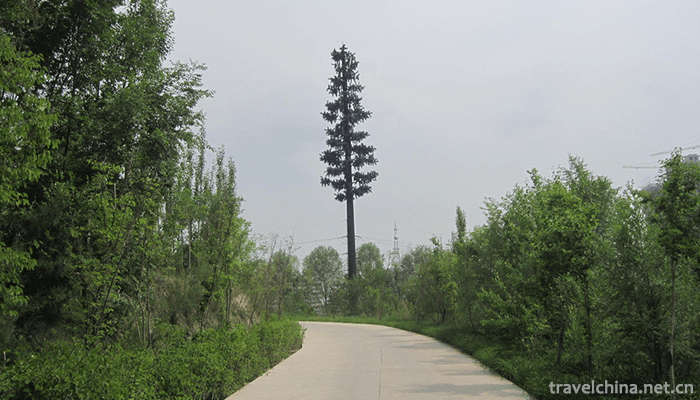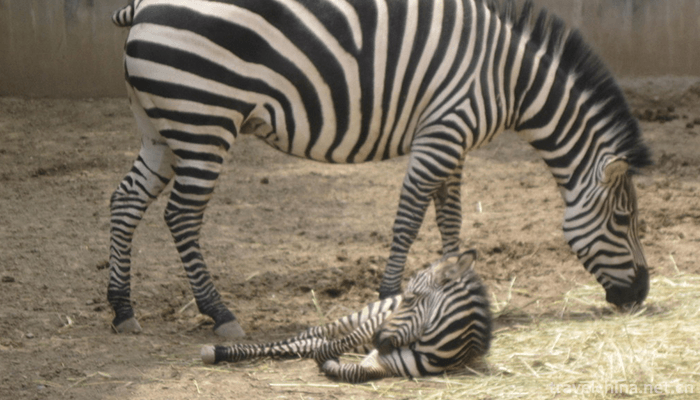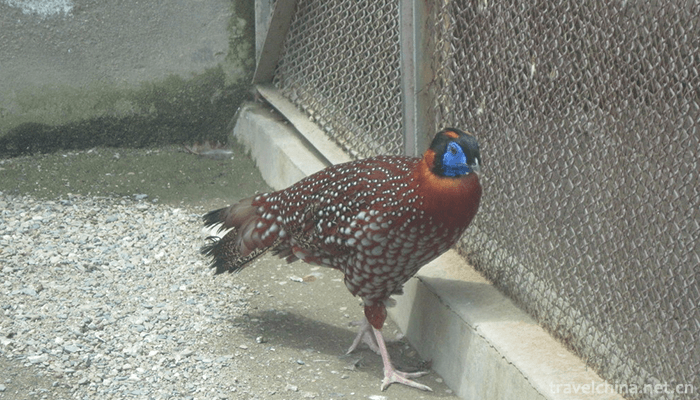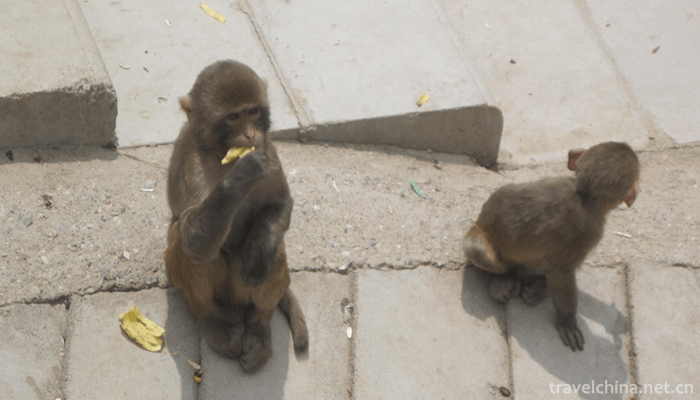Qinghai Tibet Plateau Wildlife Park
Xining Wildlife Park, also known as the Qinghai-Tibet Plateau Wildlife Park, is the only large-scale comprehensive wildlife park in the Qinghai-Tibet Plateau with the highest elevation. It is a national AAAA-level scenic spot and a national popular science education base integrating wildlife viewing, protection, scientific research, breeding and popular science education.
Basic survey
The Qinghai-Tibet Plateau Wildlife Park opened on May 1st, 2009. It is located in Xishan Forest Farm, south of Haihu Road Wholesale Market, West District of Xining City. It covers an area of 900 hectares. It is planned to exhibit more than 200 species and more than 3000 animals (mostly from the former Xining Zoo), mainly with the characteristics of the Qinghai-Tibet Plateau.
Main species
Among them, snow leopard, giant panda, Tibetan wild donkey, white-lipped deer, wild yak, black-necked crane, vulture, Golden Eagle and so on are protected at the first level of the country; Lynx, desert cat, rock sheep, blood pheasant, Tibetan pheasant and so on are protected at the second level of the country; Tibetan antelope, Pu's antelope, known as plateau elves, are also rare animals in other regions and abroad, such as northeast tiger, leopard, black leopard, Africa. Lions, camels, baboons, gibbons, squirrel monkeys, hippos, etc.
Compared with the original Xining Zoo, the Qinghai-Tibet Plateau Wildlife Zoo has a large area and a large variety of animals, and its exhibition effect has been greatly improved. Especially for the large population breeding exhibition, the effect will be better. In addition, the zoo has also increased the way of vehicle and walking visits, and has set up animal free-range areas, animal captivity areas, animal performance areas, animal rescue and quarantine areas and popular science education areas. There are 24 scenic spots in six districts, such as catering and recreation comprehensive service area. Tourists can touch animals, feed them and take photos of them while visiting.
Fare system
According to the principles of promoting development, ensuring operation and reasonable burden, the admission price of the Qinghai-Tibet Plateau Wildlife Park is set at 30 yuan per person, 15 yuan per person for children under 1.40 meters and above, and no admission fee for the elderly, disabled persons, soldiers and children under 1.20 meters.




0 Questions
Ask a Question
Your email address will not be published.